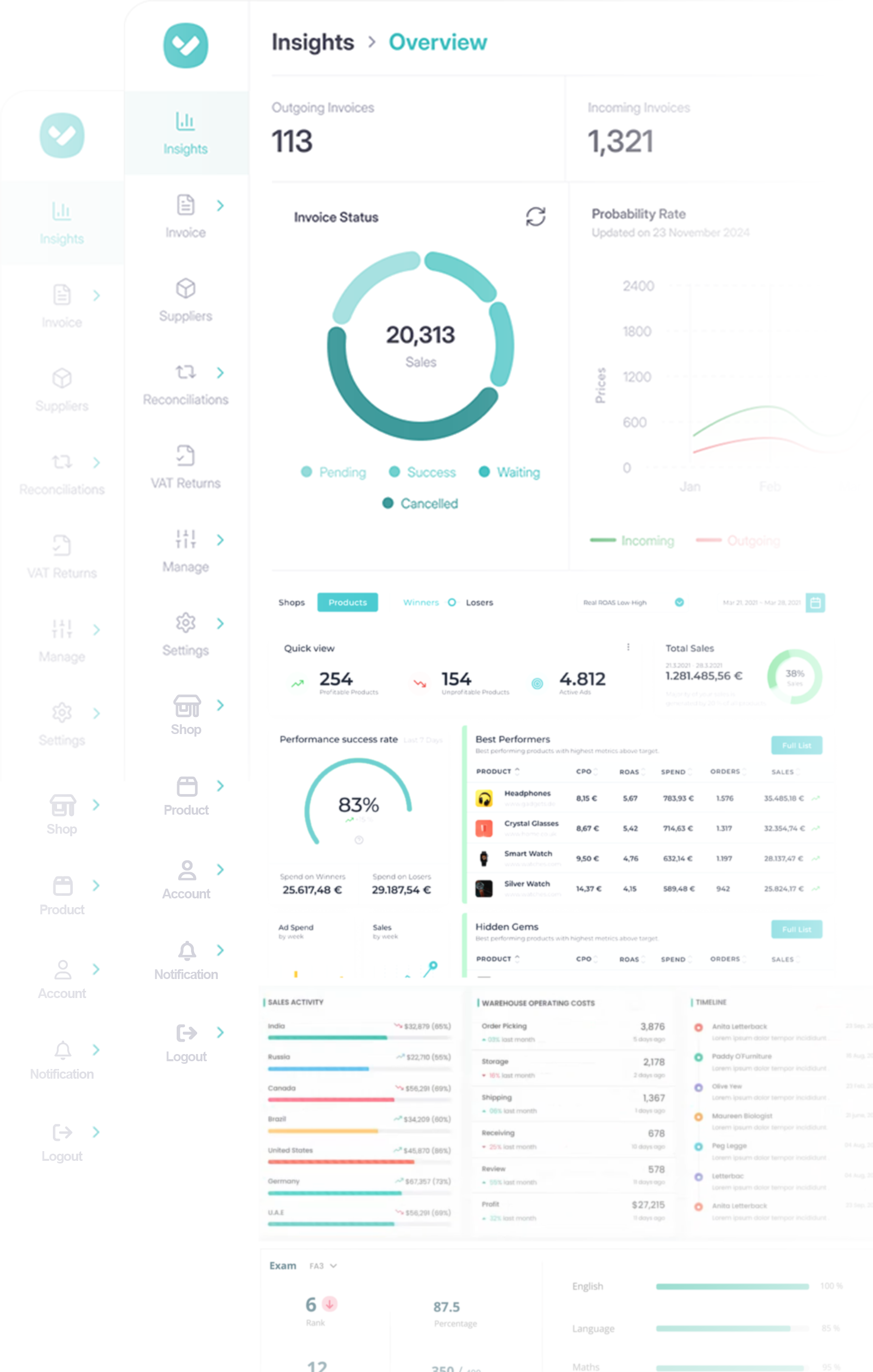eInvoicing in the UAE will soon be a legal requirement. This timeline highlights the official milestones announced by the FTA.
ASP certification requirements & procedures
Draft UAE data dictionary
eInvoicing legislation
Initial list of pre-approved service providers
Pilot programme &
voluntary implementation
Revenue
=> AED 50m
ASP appointment
Revenue
=> AED 50m
Go-live
<Revenue
AED 50m
Government
Entities
< Revenue
AED 50m
ASP appointment
Government
Entities
ASP appointment
ASP appointment
ASP appointment
< Revenue
AED 50m
Go-live
Government
Entities
Go-live
For businesses, the eInvoicing mandate is more than compliance - it’s about future-proofing operations, reducing costs, and building trust with regulators.

eInvoicing in the UAE means invoices will be issued and received, electronically in a standardised format, and reported to the UAE Federal Tax Authority. This ensures authenticity, timeliness, reduces fraud, and makes compliance seamless.
Starting January 2027, businesses in the UAE will begin sharing invoices using the new framework for B2B and B2G transactions. There will be a phased rollout, by the end of which all UAE businesses will eventually comply.


Peppol is an international standard that ensures eInvoices are interoperable across different systems and geographies. The UAE has adopted the Peppol framework and has implemented its own data dictionary for invoices (known as PINT AE) to guarantee compliance, accuracy, and seamless exchange.
